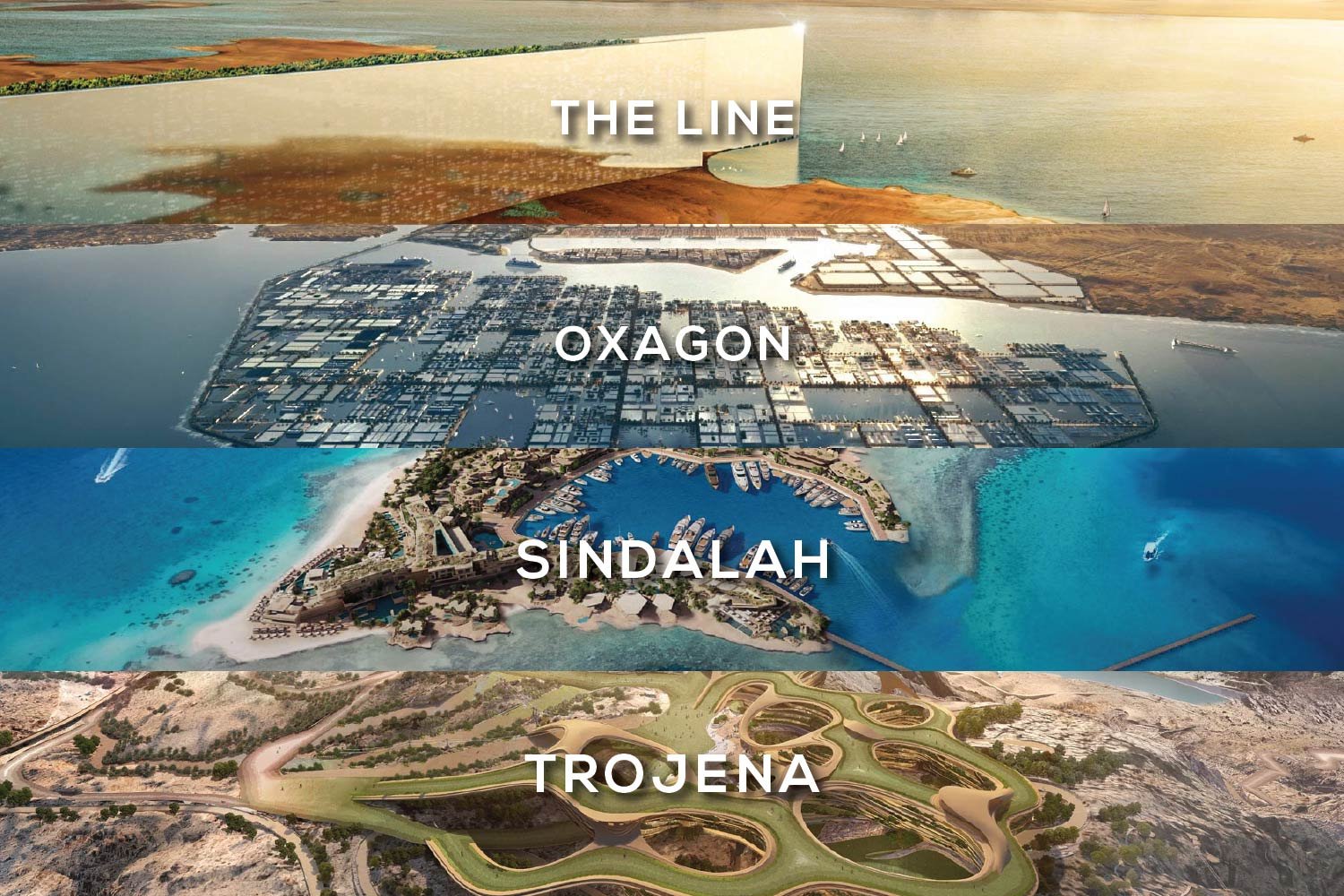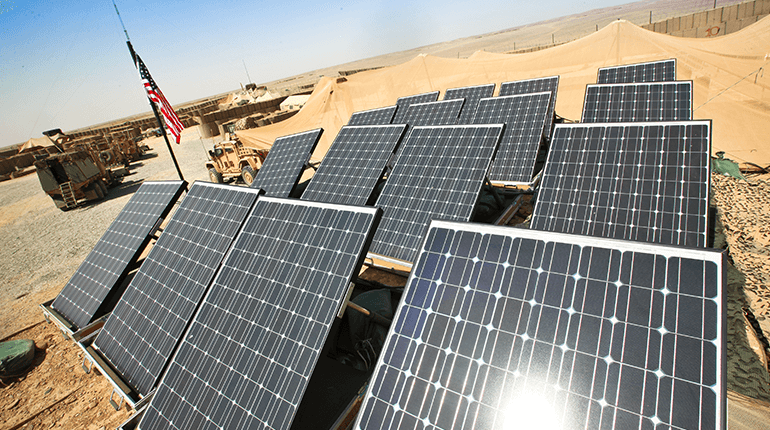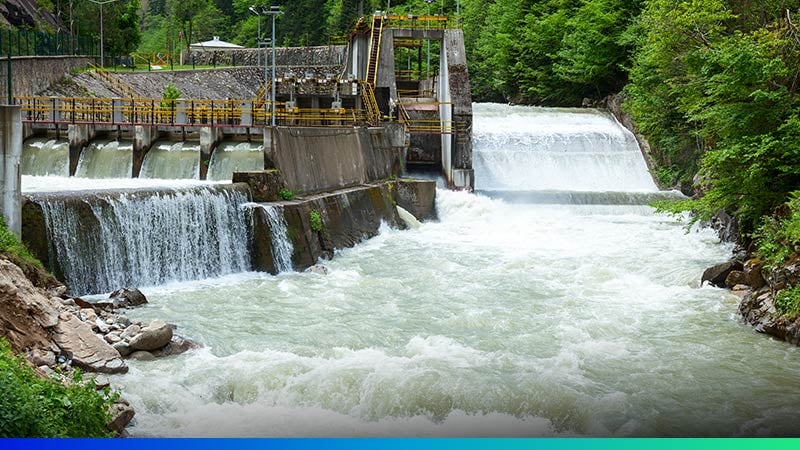Modeling & Engineering Services for Licensees
Augment your team's capabilities with modeling services from Xendee's Microgrid & Distributed Energy Project Experts.
![]()
Modeling & Engineering Services for Licensees
Augment your team's capabilities with modeling services from Xendee's Microgrid & Distributed Energy Project Experts.
Leverage Xendee's Engineering Team and Expertise to Help You Win More Projects
- Utilize our team of experts to help design optimized energy systems for civil infrastructure, military bases, company campuses, EV charging stations, and more.
- Rapidly analyze large portfolios of potential sites for ideal project locations.
- Create projects using a wide variety of new technologies including EV charging stations, generators, and hydrogen electrolysis (Xendee supports 25+ different types of Distributed Energy Resources).
DESIGN streamlines the Distributed Energy Resources (DER) or infrastructure modeling process, allowing you to arrive at a finance and engineering-ready design that will:
- Improve cost efficiencies
- Reduce carbon emissions
- Support resiliency
- Automatically determine cable and transformer sizes between network nodes
- Optimize your electric vehicle fleet →

Trusted & Used By:








Case Studies:
Mayfield Renewables
Mayfield Renewables has integrated Xendee into their microgrid consulting business to rapidly grow the size and capabilities of their energy services branch. This has led to far more projects being completed per quarter including a resilience project for the Tanana Chiefs Conference (TCC), a tribal consortium in Interior Alaska that received a $26 million grant from the U.S.D.O.E Office of Clean Energy to bring solar PV and energy storage to eight remote Alaskan villages.

Case Studies:
NEOM: Saudi Arabia
By leveraging Xendee's advanced energy modeling, NEOM integrates solar panels, battery systems, and innovative technologies like hydrogen to achieve maximum DER coverage and meet their clean energy goals. Xendee primarily models "The Line'' which is a 170-kilometer landscape of extraordinary diversity. Using Xendee's tool, NEOM could map out each of the 7 different regions inside, and position DERs uniquely within each one. Additional facilities that Xendee is currently working on include Sindalah, Land of the Line (LOTL), Gulf of Aqaba (GoA), and Oxagon.

Case Studies:
U.S. Department of Defense ESTCP
The U.S. Department of Defense (DoD) needed to develop a standardized method to guide rapid and repeatable modeling and design of secure and resilient DoD microgrids globally. This would provide enhanced energy reliability and enable DoD installations to safely ride-out prolonged utility power outages and sustain mission critical operations, using renewable energy resources and storage in an integrated microgrid system.

Case Studies:
How to Create a DOD-Certified Microgrid
The U.S. Department of Defense (DOD), through its Environmental Security Technology Certification Program (ESTCP), has identified microgrids as a key technology for increasing security, energy efficiency and resilience at new and existing military installations. The advantages are clear. Microgrids can reduce the energy and physical footprint of military installations. This in turn reduces the reliance on and impact to local communities while improving the likelihood of uninterrupted power despite disruptions on local utility networks.

Case Studies:
Pacific Northwest National Laboratory
PNNL turned to Xendee to enable this complex hydropower system analysis and research. Xendee provided PNNL with both the necessary tools and research support to analyze and optimize DoD microgrid projects, and to evaluate the potential for new hydropower projects.

Case Studies:
Fortune 100 Automotive OEM
Xendee modeled seven different renewable technologies on each site and chose the optimal technology size and mix. Each technology was modeled with its own incentive schemes (a mix of tax rebates & accelerated depreciation), and the overall project considered a year-over-year increase in carbon tax for 15 years. Xendee considered net metering, subject to the local constraints, i.e., limiting exports to no more than purchases.

Case Studies:
International Energy EPC
Xendee identified a combination of solar and wind to complement the existing gas generation and reduce the carbon footprint by over 60%. The fast analysis allowed them to progress the design of the facility with their customer from a more educated and data-driven position. The facility took the Final Investment Decision and moved forward in 2023 to build a lower-carbon energy solution, thanks to the client's initial quick analysis.

Case Studies:
Hanscom Air Force Base & Boston Logan Airport
Xendee worked with Rocky Mountain Institute (RMI) to develop a microgrid implementation toolkit for airports. The Toolkit provided guidance and implementation strategies to improve airport energy resilience and to develop microgrid projects with a focus on helping an airport in early stage Microgrid planning. The toolkit was tested and validated by airport personnel and emergency preparedness personnel from across the country.

Case Studies:
Santa Rosa Junior College Microgrid
The Santa Rosa Junior College campus microgrid is currently reliant on electrical power from the PG&E grid, which uses approximately 15% fossil-derived energy sources, whereas the proposed Microgrid would supply approximately 29% of the campus total electricity demand with 100% emissions-free PV solar energy. Further, recommendations have also been made regarding how utilities and community colleges can apply the approaches outlined to overcome identified roadblocks to streamline the Microgrid design process.

Case Studies:
Microgrid Fast Charging Stations With Idaho National Laboratory
Xendee Corporation partnered with Idaho National Laboratory to develop an optimized platform for designing Microgrid Fast Charging Stations (MFCS) quickly and effectively. This project was funded by the DOE Office of Electricity, Microgrid Program. The platform was developed alongside a detailed analysis of two test sites which acts as seed locations for fast-charging facilities across the United States.
The Challenges of Modeling Complex Energy Systems

Decide
Finding the right sites for development can be time consuming and costly, requiring individual proposals for each site and then comparing the results to find ideal projects.

Inform
Determining the optimal combination and size of DERs can make or break a project and completely change projections, and incentive programs, and revenue streams.

Model
Modeling services are ideal for organizations who lack energy modeling experience, or simply cannot spare the resources and wish to temporarily expand their capabilities.

Output
When interpreting the models generated by Xendee, our team can help with selecting sites, or preparing proposals and reports in specified formats to meet project requirements.

Implement
Utilize Xendee's experts to create a dispatch schedule for real time operation. This helps meet goals set in the design stage, mitigates outages, and extends equipment lifetime.
How Xendee Modeling Services Can Expedite Your Design Process
Information Required or Discussed with Customers
At the start of a project, new information must be gathered to ensure accurate modeling. This includes organizational goals like cost savings, CO2 reduction, and resiliency, as well as site specific variables, such as funding terms, incentive programs, existing utility and load information, and the desired DER technologies to include in the project. This includes over 25 technologies including solar, geothermal, BESS, hydrogen, hydrokinetic, and more which can be used to expand projects and use technologies outside your typical deployments.

Information Provided by the Xendee Tool
The Xendee tool provides much of the remaining information. With extended catalogs of vendor approved products and energy assets, the ability to import tariffs, NEVI weather forecasts, load builders, grant builders, financial simulation tools, and NEM 3.0 tools, our team can quickly expand on the information provided in the first stage to build out an accurate model with the global and site specific variables required to create models with a high degree of confidence.

Xendee's Output Model & Optimization
Finally, Xendee's tool provides optimized outputs for every model created by our team. Xendee can then work with you to analyze these results, identify more sites, and even create new variations of these outputs to maximize for different goals and technology mixes. This allows your team to provide a detailed menu of options to customers instead of a simple yes/no analysis. Additionally, the Xendee team can help implement an optimized dispatch for real-time operation and even connect to our OPERATE platform to optimally control your system from the cloud.

Expand Your Organizations' Microgrid Design Capabilities with Xendee
Leverage Xendee's modeling experts to help your team quickly identify ideal projects at scale as well as generate optimized microgrid designs.